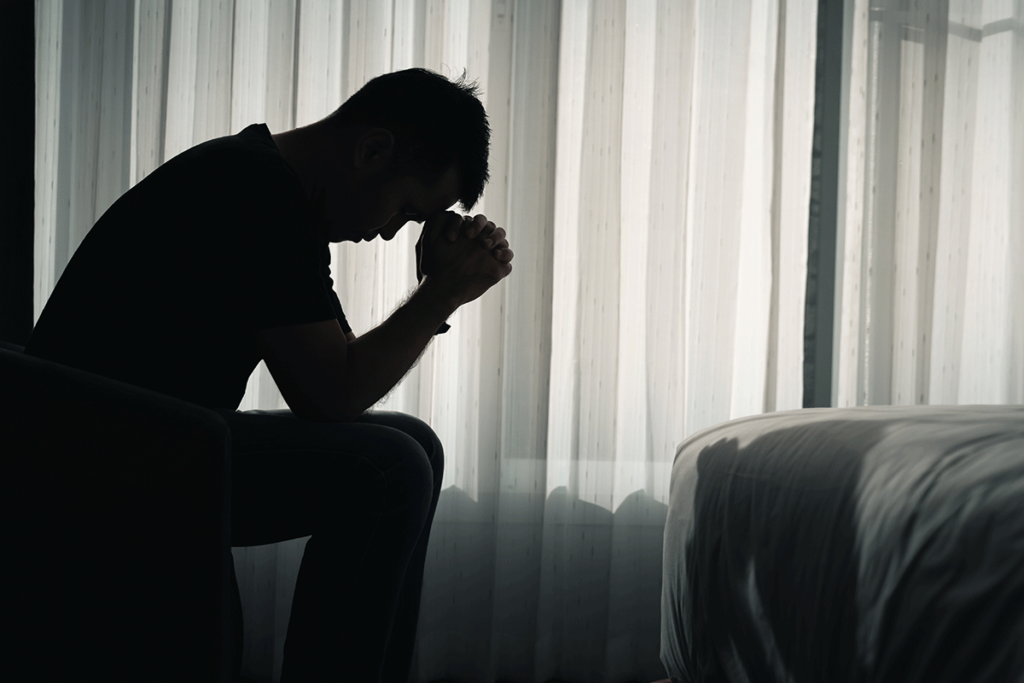Social gatherings, bars, and colleges: what do these all have in common? These all are places where drinking alcohol is commonplace. In these places, you’ll have people who can be social drinkers, some who might be giving in to the social pressure to drink, and people who drink on occasion (not every social event). However, you’ll also have people who drink on every occasion and tend to drink excessively. What is binge drinking? This is a dangerous drinking pattern that is characterized by consuming large amounts of alcohol in a short period of time. Those who participate in binge drinking put their health and safety at risk. However, an alcohol addiction recovery program can help people recover and avoid future risks.
What Is Binge Drinking?
Binge drinking is the act of drinking excessively. This type of drinking is one of the most common forms of extreme alcohol misuse that occurs when men drink five or more drinks in two hours or when women drink four or more drinks in that same time frame.
While binge drinking is dangerous at any age, it is especially harmful to young adults. Binge drinking when the brain isn’t fully developed yet can cause serious damage. For example, it could:
- Cause the prefrontal cortex (the part of the brain that controls decision-making) to be weaker than usual
- Damage the hippocampus (how people learn and remember things)
- Lead to risky behaviors such as violence
5 Signs of Binge Drinking
1. Frequent Episodes of Intoxication
Regularly drinking to the point of intoxication often involves consuming large quantities of alcohol in a short period, which can lead to memory lapses or “blackouts.” During these episodes, individuals might engage in risky behavior due to impaired judgment.
2. Neglecting Responsibilities
When drinking becomes a priority, individuals may start ignoring important duties and responsibilities. This neglect can manifest in missed deadlines at work, declining academic performance, and failing to fulfill obligations at home, creating strain in relationships.
3. Physical Signs
Alcohol consumption can lead to noticeable physical changes such as poor coordination and slurred speech. These symptoms often make it difficult for individuals to carry out daily tasks safely, and others may observe increased aggression or irritability.
4. Emotional Changes
The emotional impact of frequent drinking includes pronounced mood swings, where individuals alternate between highs and lows. Feelings of depression or anxiety can become more prevalent, and individuals might become defensive or secretive about their drinking habits when confronted.
5. Social Withdrawal
Over time, individuals may begin associating primarily with those who encourage heavy drinking, leading to social withdrawal from friends and activities that don’t involve alcohol. This shift can exacerbate feelings of isolation and hinder personal growth and social development.
Consequences of Binge Drinking
Binge drinking comes with serious health issues. Even one episode of binge drinking can shut down one’s immune system and lead to inflammation of the pancreas. Binge drinking can also affect the liver. Excessive drinking can lead to cirrhosis, a disease that makes the liver develop scar tissue when it heals itself. This can be life-threatening as the damage done by cirrhosis can’t be undone. Some of the other health risks associated with binge drinking include:
- Brain damage
- Stroke
- High blood pressure
- Heart disease
- Cancer
- Liver disease
- Fertility problems
- Ulcers
- Digestive issues
Binge Drinking vs. Heavy Alcohol Use
Binge drinking and heavy alcohol use are technically two different issues. While binge drinking is defined as drinking that puts a person’s BAC at 0.08% or higher (about five or more drinks for males or four or more for females in two hours, though it depends on the person), heavy alcohol use is defined as drinking more than four drinks per day every day for males and more than three every day for females. Both of these increase a person’s risk for alcohol use disorder AUD).
Types of Treatment for Binge Drinking Available in Mississippi
There are several different types of treatment for AUD. One of the most common forms of treatment is the 12-step approach, also called Alcoholics Anonymous (AA). The 12-step approach is a faith-based style of treatment where the person starts by admitting their former powerlessness over the alcohol, asking God or a higher power for help, and sharing the message with other people struggling with alcohol addiction.
Various forms of therapy can be helpful. One common type is cognitive-behavioral therapy (CBT), which serves to identify why a client may start drinking. CBT teaches coping skills and encourages changing thought patterns. For example, a client might learn that stress triggers their binge drinking; a therapist will explore these feelings and help develop different coping strategies. CBT has no risk but can be uncomfortable, as it involves self-examination and dealing with alcohol issues. Clients often receive “homework,” which involves exercises outside therapy sessions.
Doing these exercises will benefit clients long-term, not just when practiced with therapists. Marital and family counseling are also helpful treatments. They aid in rebuilding trust with a spouse and the entire family. Families may not know how to assist in a client’s treatment and might feel resentment. These therapies help express grievances and can start rebuilding trust.
Woodland Recovery Center Can Help You Break Free from Alcohol Addiction
Recovery can be tough, but so are you. At Woodland Recovery Center, we are committed to giving you or your loved one the treatment they deserve for binge drinking. We understand how difficult it can be to detox from alcohol and deal with withdrawal symptoms. Lasting, sustainable recovery is possible—and we can help you get there. Call us today at 662.222.2989 or use our online contact form to get started.



